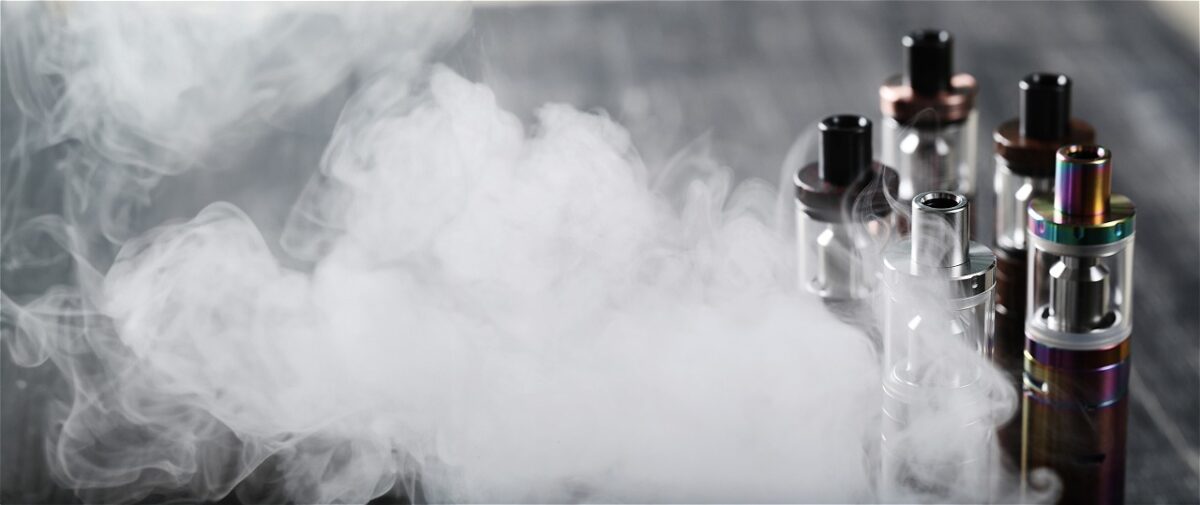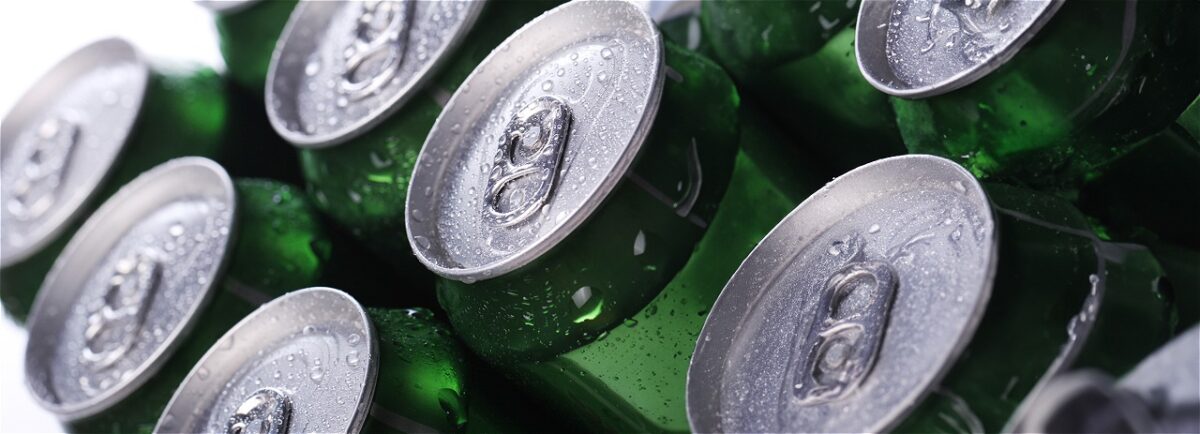Cannabis Operators Turn to Ganjier Program to Educate Employees
SACRAMENTO, CA — As the cannabis industry continues to evolve, operators are increasingly turning to the Ganjier program to enhance employee education and expertise. The Ganjier Product Specialist program offers comprehensive training through online courses, live training sessions, and in-person examinations, equipping employees with the knowledge needed to elevate customer experiences in dispensaries.
Modeled after sommelier training in the wine industry, the Ganjier program aims to create a new class of cannabis professionals capable of assessing quality and guiding consumers in their product choices. “Every other epicurean field has long had trained professionals that assess quality and guide consumers. That simply didn’t exist in cannabis before Ganjier,” stated Derek Gilman, Managing Director of Ganjier.
Comprehensive Training Approach
The Ganjier program encompasses a variety of educational formats, including:
- Online Courses: Participants can access modules covering cannabis quality assessment, customer interaction protocols, and the sensory evaluation of cannabis products.
- Live Training: Conducted at the Ganjier campus in Humboldt County, California, these sessions provide hands-on experience with industry experts known as the Ganjier Council. Students engage in practical assessments of cannabis quality, learning to evaluate products based on aroma, appearance, flavor, and effect.
- In-Person Exams: Graduates must demonstrate proficiency through rigorous examinations, including a written test, service exam, and assessment exam, ensuring they are well-prepared to serve consumers effectively.
Industry Impact
With nearly 300 certified Ganjiers worldwide, the program is rapidly gaining recognition as a vital resource for cannabis operators. The diverse student body includes multigenerational craft cultivators, budtenders, retail managers, and even former athletes like Ricky Williams, who praised the program for enhancing his understanding of cannabis quality.
“Ganjier has provided me with the necessary tools to bring these principles to life in my teaching and experiences,” said Dharshini Casinathen, a Certified Ganjier and owner of Joy Leaf NJ.
Elevating Standards
The Ganjier program not only empowers employees but also aims to elevate industry standards across the board. By training a new generation of cannabis professionals, the program addresses the growing demand for knowledgeable staff in dispensaries, ensuring consumers receive informed guidance when selecting products.
As the cannabis landscape continues to expand, the Ganjier program stands out as a pioneering initiative shaping the future of cannabis education and consumer experience. With plans for future classes and advanced training opportunities, Ganjier is poised to play a crucial role in the ongoing development of the cannabis industry.






